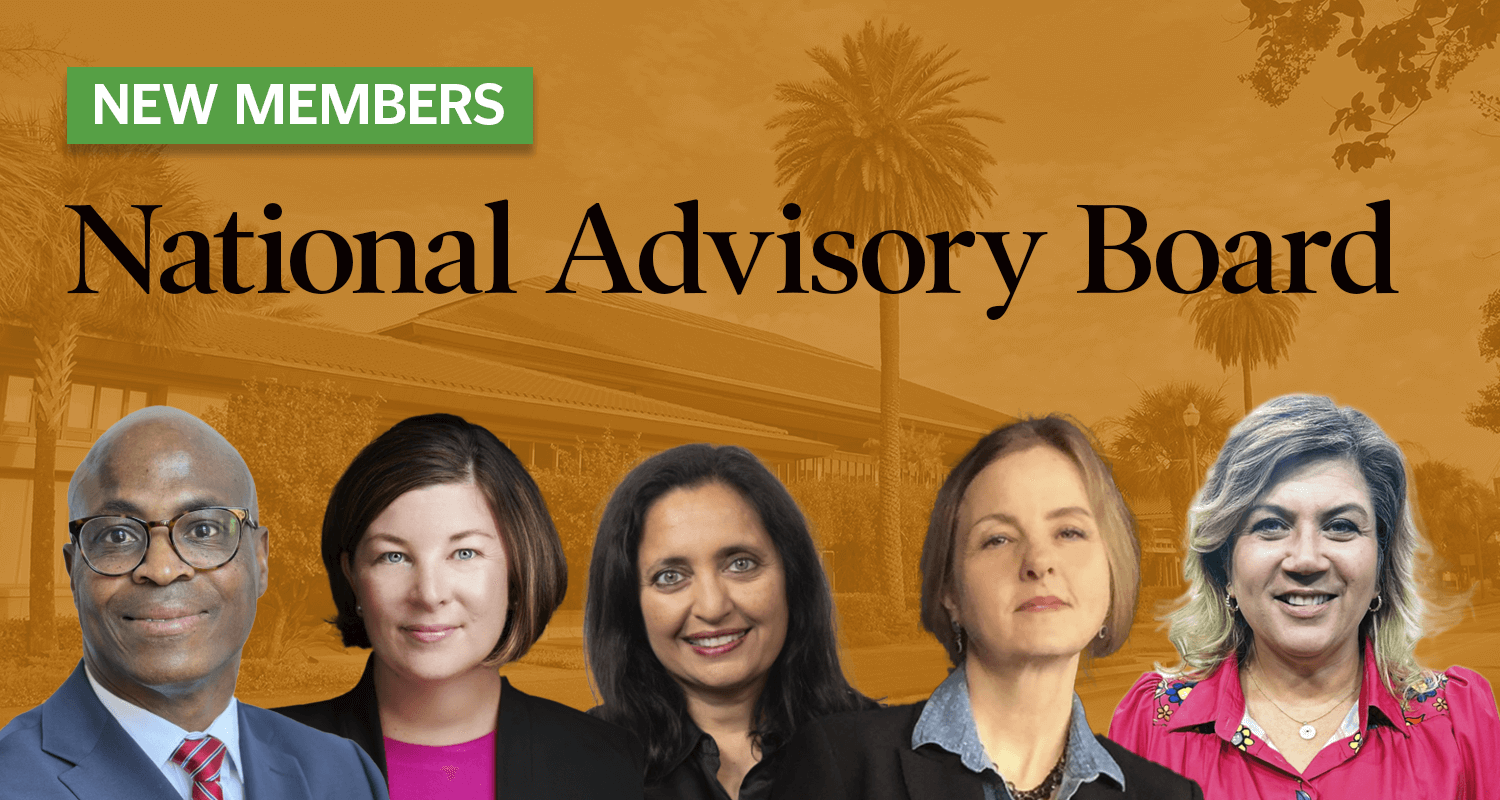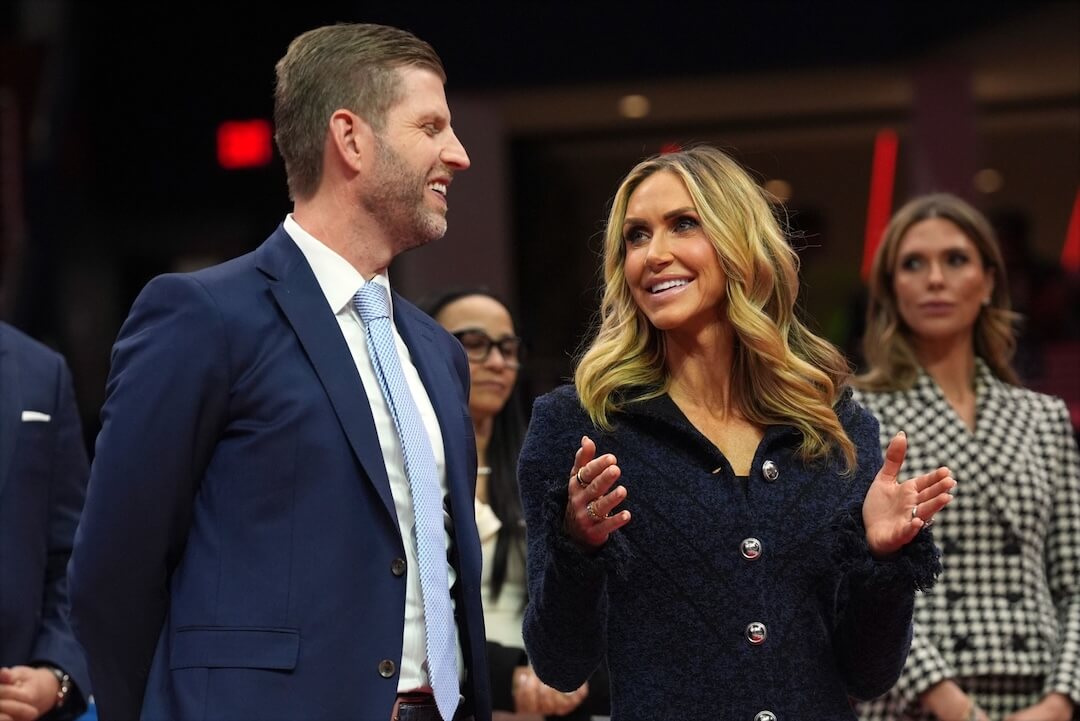Maintaining Internet openness in the face of both commercialization and government crackdowns will be crucial over the next 10 years, according to a Pew Internet Project report that canvassed 1,400 experts about the Web’s future between now and 2025.
“More than one-third of those who access the Internet are accessing a censored version of it and that number continues to grow,” wrote Jillian C. York, director for international freedom of expression for the Electronic Frontier Foundation.
Jeff Jarvis elaborated on that point:
“Government poses the greatest threat to the Net’s freedoms. Many governments, including Western regimes, threaten to control some part of Internet communication. Obviously, China, Iran, and other authoritarian states wish to control speech there. But Canada and Australia have threatened to filter all Internet content to get to child porn. Once one government is given the means and authority to filter communication, information, and content for one reason, then any government can do so for any reason. So we must protect the open architecture of the Net and assure that no government can claim sovereignty over it.”
When it comes to the media, Robert Cannon, “a leading U.S. Internet law and policy expert with many years of experience at the federal level,” says disruption of 20th-century business models could be good for openness:
“There are fewer and fewer owners of major media outlets online, and end-users are concentrating their traffic on fewer and fewer sites. And yet, what makes the information era different is that the means of the ‘long tail’ content creator to rise up and create content still exists. Unlike other cycles where the era of consolidation also raised barriers to entry, in the modern information era, the barriers to entry still remain low. But this can change as conduit becomes entangled with content or service.”
Here’s how David Weinberger, of Harvard’s Berkman Center for Internet and Society, put it: “The future challenge: The Internet gets owned and packaged as a set of content and we treat it like cable TV. The future opportunity: Free culture becomes ever more lively, and people are enjoying content that they recognize was created by people like them.”
Peter and Trudy Johnson-Lenz, founders of online community Awakening Technology, quoted Edward R. Murrow’s 1958 warning about the dangers — and potential — of television:
“This instrument can teach, it can illuminate; yes, and it can even inspire. But it can do so only to the extent that humans are determined to use it to those ends. Otherwise it is merely wires and lights in a box. There is a great and perhaps decisive battle to be fought against ignorance, intolerance and indifference. This weapon of television could be useful.”
They go on to write:
“Unless people rise up nonviolently to take charge of their local systems and demand public technology and governance oversight and universal, affordable access to the Internet as a whole, humankind will remain captive to the likes of corporations, spammers, hackers, and online criminals. What would it take to re-envision our use of the Internet by 2025 to fulfill the dreams of its early creators and pioneers? Television provides a cautionary tale.”
Read the full Pew report here.





